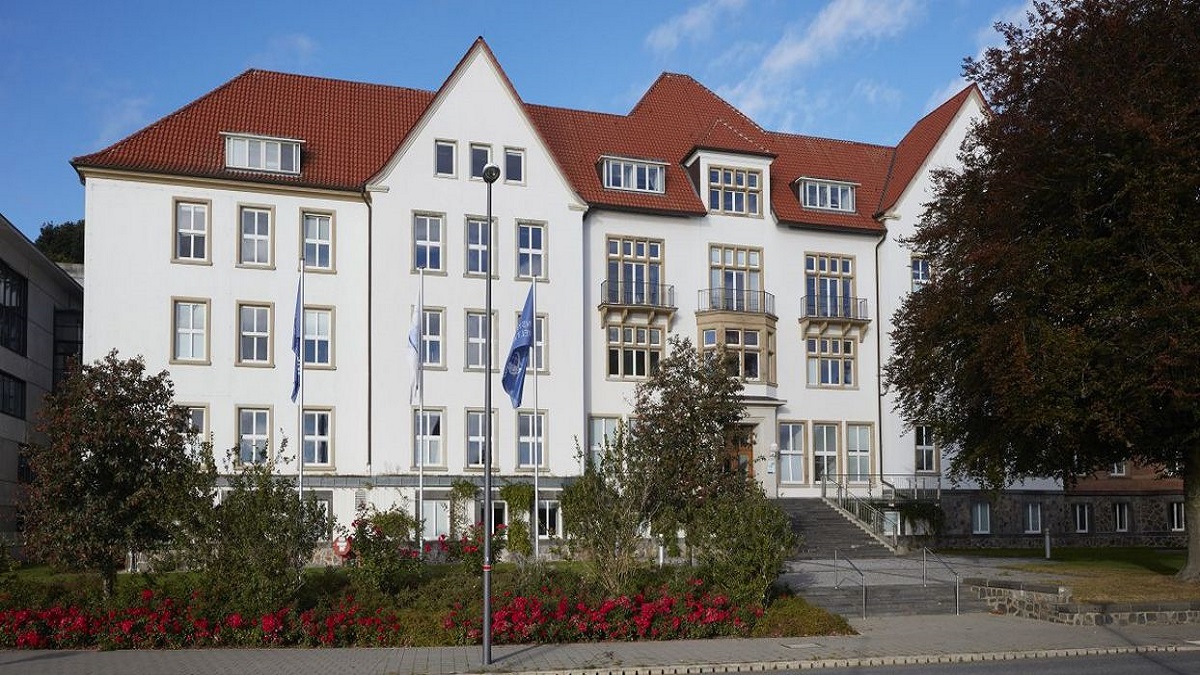The Kiel Institute for the World Economy in Germany invites application for vacant PhD and Student assistants, is an independent, non-profit economic research institute and think tank based in Kiel, Germany.
Current Job Openings
INTERNSHIPIntern (m/f/div), Geopolitics of Telegraph Cable Investments 1850-1914in our Research Center “International Finance and Macroeconomics” for an ambitious research project on geopolitical investments by countries and the battle for technological sovereignty.
INTERNSHIPIntern (m/f/div), for a research project “The Ukraine Support Tracker”Full time in the Research Center “International Finance and Macroeconomics” at the earliest possible date.
RESEARCH POSITIONDoctoral Researcher (m/f/div) “International Trade and Investment”with experience and interest in topics like growth and trade performance of African firms; renewable energy. Deadline for applications is July 31, 2022.
CAREEREmployee (m/f/div) for event organizationof conferences, workshops, award ceremonies, etc. in German and English, face-to-face and digitally.
STUDENT JOBStudent / research assistant (m/f/div) event managementto support the organization of conferences, workshops, award ceremonies, etc. in German and English, face-to-face and digitally.
STUDENT JOBTwo student/research assistants (m/f/div) in the Research Center for Business Cycles and Growthas soon as possible
INTERNSHIPIntern (m/f/div), for a research project on international capital flowsin the RC “International Finance and Macroeconomics” for the project “200 years of booms and busts in international capital flows”.
STUDENT JOBStudent/research assistants (m/f/div.) – Data Science/Data EngineeringThe IT service unit sees itself as an IT service provider for the research areas and service centers of the Kiel Institute for the World Economy.
Continue Reading

